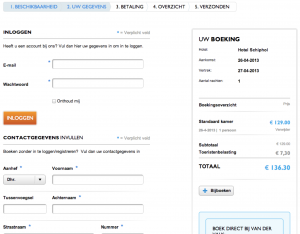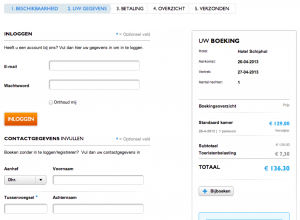“We prefer situations that we have control over”
Autonomy is our innate and universal need to be causal agents of our own lives. Our perception of our autonomy influences our behavior. A high level of perceived autonomy comes with feelings of certainty, reduced stress and a high level of ‘intrinsic motivation’. This increases the likelihood of persistent behavior. On the other hand, taking away our autonomy (e.g. by introducing external rewards and deadlines), undermines our intrinsic motivation as we grow less interested in it.
 Situations that give autonomy as opposed to taking it away also have a similar link to motivation. Studies looking at choice have found that increasing a participant’s options and choices increases their intrinsic motivation to said activities. Autonomy is considered one of the three basic universal, innate and psychological needs (within the popular “Self-determination theory”).
Situations that give autonomy as opposed to taking it away also have a similar link to motivation. Studies looking at choice have found that increasing a participant’s options and choices increases their intrinsic motivation to said activities. Autonomy is considered one of the three basic universal, innate and psychological needs (within the popular “Self-determination theory”).
A clarifying story
“Once, there was a man. Kids would come to play on this mans lawn to have fun. The man began to be annoyed by this, and strangely enough… he paid them a dollar to come play on his lawn. The kids happily took the dollar and played on his lawn. The next day, the man told the kids that he did not have enough money, so he could only give them 50 cents to come play on his lawn.
On the third day, he told them he could only give them a nickel to come play on his lawn. The kids were displeased with this, and told the man he could forget that, and that they would not play on his lawn for such a cheap reward.”
(McCullagh, 2005)
What happened? The man took away the autonomy in their urge to play on his lawn…
Online Persuasion tips:
If you want users to repeatedly visit and act:
- Prevent mandatory fields and steps
- Introduce choices (even trivial ones)
- Allow users to freely go back and forward
- Be careful with external rewards and deadlines
If you want to change the usual choice of your customers, introduce an external reward for their current choice and then take it away again…
AB-test: van der Valk hotels
The Dutch hotel chain ‘Van Der Valk’ tested wether it’s better to indicate mandatory fields (“*=Verplicht veld), or to emphasize optional fields (*=Optioneel veld). Changing to optional fields boosted their conversion of the bookingform with +24,7%.


